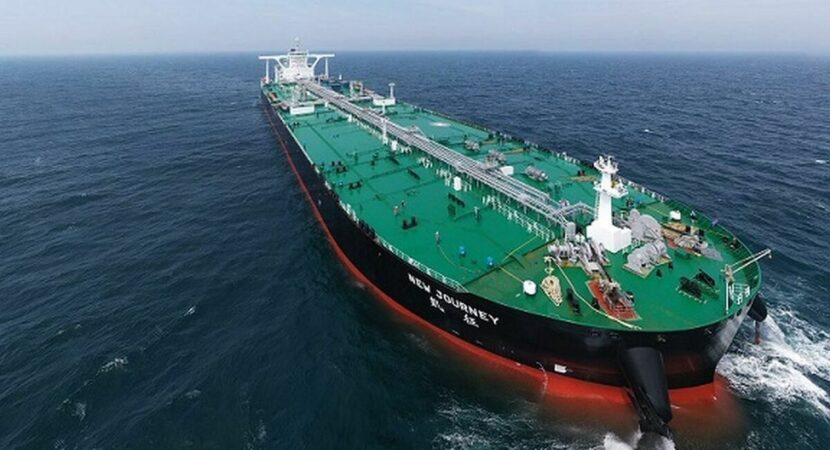
With a depth of 25 meters, the terminal is the only private one in Brazil capable of receiving this type of vessel.
No port of azu, Açu Petróleo carried out the first oil transhipment operation using a Very Large Crude Carrier class vessel for Shell Brasil Petróleo. The movement took place between the 11th and 14th of June, with the transfer of approximately 2 million barrels of crude oil from the shuttle tankers Lena Knutsen and VigdisKnutsen, both operating for Shell Brasil Petróleo, to the VLCC vessel Wasit.
- Major milestone at Porto do Açú: First oil transshipment operation with a VLCC vessel for Shell Brasil successfully executed
- Infrastructure works are maintained by the Federal Government, even with the pandemic
- Electrician, welder, boilermaker and more vacancies for intermittent contract by manufacturing and assembly company
The Açu Petróleo terminal is the only Brazilian private terminal able to receive vessels of this size. VLCC class oil tankers are among the largest in the world, with a maximum storage capacity of 2 million barrels of oil.
“The Açu Petróleo terminal at the Port of Açu is one of the most efficient options for oil exports in Brazil, given its strategic location between the Santos and Campos basins and its nominal depth of 25 meters, which allows ships to berth of the port of VLCCs. The success of this operation for Shell Brasil Petróleo reinforces the importance of moving large volumes of oil through oil transshipment in sheltered terminals (Double Banking), guaranteeing a high standard of safety and care for the environment, in addition to greater predictability, which increases the competitiveness of Brazilian oil”, says Victor Snabaitis Bomfim, CEO of Açu Petróleo.
A partnership between Prumo and the German Oiltanking, Açu Petróleo is licensed to handle up to 1,2 million barrels of oil per day in its terminal, in addition to already having the necessary environmental authorization for future investment in a storage and treatment park of crude oil. Currently, around 25% of Brazilian oil exports pass through the Açu Petróleo terminal, through contracts signed with the world's main oil companies operating in the country.











